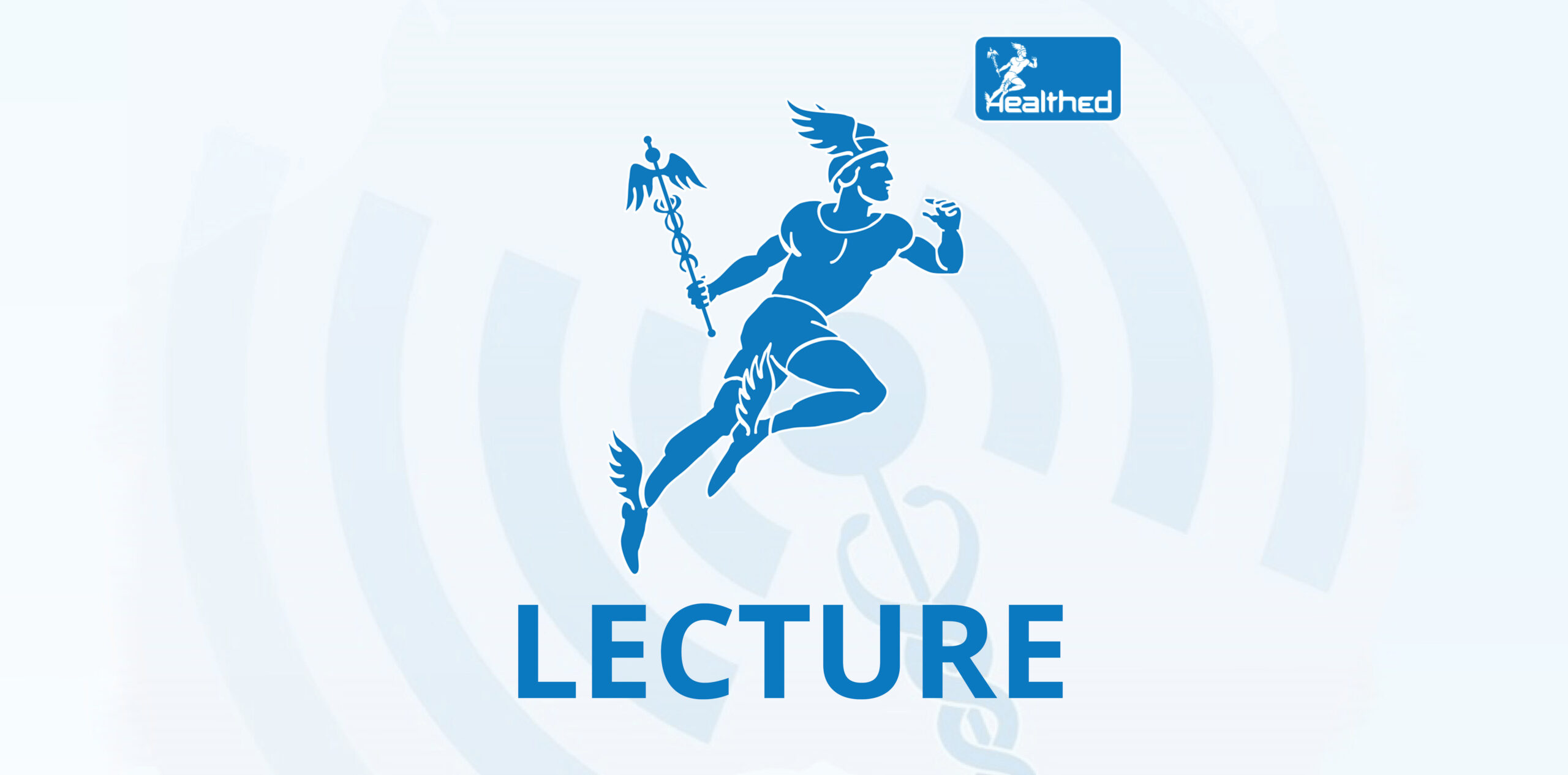But Preventative Health SA says it won’t shy away from addressing obesity.
Eating disorders organisations are “appalled” at the South Australian “Toxic Fat” campaign and have called for it to be immediately shut down.
They say the ad, which launched on the weekend, is dangerous for people with or at risk of eating disorders, it will cause weight stigma and discrimination, and it will not lower obesity or increase health behaviours in the general community.
“In medicine, there’s the famous saying: first do no harm. We’re very well aware of the harms here. And there’s no actual evidence for the medical outcomes that people are hoping for,” Dr Jim Hungerford, CEO of alliance member Butterfly Foundation, told The Medical Republic.
This article originally ran on TMR’s sister site, Health Services Daily. TMR readers can sign up for a discounted subscription.
The graphic “toxic fat” video, which portrays a man with fat around his middle making a choice about whether to eat a slice of pizza and includes surgery footage of fat inside a human body.
It is part of the LiveLighter Obesity Prevention Campaign. It began running on free-to-air television in South Australia on Sunday, and it’s also on social media, billboards and radio.
The campaign is being run by Preventive Health SA, an agency set up last year by an act of the South Australian Parliament, to “ensure ongoing investment and commitments to public health and health promotion across the state”, and Cancer Council SA.
In South Australia, 66% of adults and 37% of children live with obesity or being overweight. The agency’s stated aim for the campaign is to increase awareness of the health impacts of obesity, particularly the increased risk of heart diseases and type 2 diabetes from visceral fat (or “toxic fat” around the organs), and to “empower South Australians to eat well and move more to improve health and wellbeing”.
The South Australian campaign takes parts of the LiveLighter campaigns already running in Western Australia and previously run in Victoria and the ACT. Preventative Health SA cites 23 studies that it says are evidence backing the campaign and its positive impact.
But Dr Hungerford said those studies did not show that the campaign’s aims had been achieved in those locations.
“The survey work to support the LiveLighter stated intentions – to eat higher levels of fruit and vegetables etc – there’s no actual evidence that has occurred. We know that if you ask people about things that they know they’re supposed to do, they will answer in the positive,” Dr Hungerford said.
Related
“The fact that people have observed the ads, and therefore they know what the ads are telling them to do, if you then ask them, ‘Oh, are you likely to do the right thing?’ They’re very likely to say, ‘Yes, I’m likely to do the right thing, yeah.’ And so we’re really concerned that there is no long-term data actually showing the desired effects versus what people will tell you in a survey.
“And then we’re also worried, of course, about the effect on people with an eating disorder or developing an eating disorder.”
Dr Hungerford said his organisation and others received many distressed calls about those campaigns from people with eating disorders and those caring for them.
“Approximately 4.5% of Australians have an eating disorder, and so you wouldn’t be able to pick up the effect on those people in these surveys. They haven’t actually asked the people who are affected,” he said.
The EDA said only four of the studies listed on the LiveLighter website related to the campaign.
People surveyed were aged between 25 and 49 years – which leaves out younger people who are especially vulnerable to weight stigma and related mental health risks, and none of them had experience of eating disorders.
There was no long-term assessment on stigma, and all the studies relied on self-reported data, with no conclusive findings.
“LiveLighter is a proven and evidence based public health campaign with demonstrated positive impact,” Preventative Health SA chief executive Ms Marina Bowshall told TMR in a statement.
“The campaign has been designed to be considerate of weight stigma, with the adverts aligning with best practice obesity prevention language and imagery guidelines. We know weight is a sensitive topic, but we also can’t shy away from the very real health impacts of obesity.”
But the EDA disputes that, saying research shows messaging framing body weight as a personal decision, for example: ‘eat less, move more’, does perpetuate stigma, and stigma can lead to binge eating, eating more, avoiding physical activity, and a greater chance of developing an eating disorder.
“It is very disappointing that in 2025 we are still seeing these fear-based campaigns, when we know that they don’t work, and worse, can cause considerable harm,” says Jade Gooding, CEO of EDA member organisation the Australia & New Zealand Academy for Eating Disorders.
“It is imperative that anyone planning a wide scale health promotion campaign regarding food and exercise consult with appropriate eating disorder specialists to minimise risk and keep our communities safe.”
Preventative Health SA told TMR: “The campaign has been developed in consultation with public health, behavioural science and clinical experts, with studies looking at impact of the campaign showing it did not result in unintended consequences such as body dissatisfaction, reduced self-esteem, or maladaptive weight loss approaches (i.e. disordered eating patterns, excessive exercise).
“Graphic campaigns like this have been proven to change behaviour. Just like with smoking and drink driving, we need strong, clear messages to shift public perception and spark positive action.”
But Dr Hungerford said nobody from the alliance was consulted by Preventative Health SA. In fact, the “toxic fat” ad took eating disorder organisations by surprise when it was broadcast on Sunday.
If they had been asked, the alliance would have suggested a pro-health campaign instead.
“Anti-campaigns with smoking have worked, and we see that, but we can’t have people deciding that eating food is bad, because obviously we all have to eat food,” Dr Hungerford said.
“We’re just very concerned about the stigmatisation and shaming focus of this campaign. We believe that it would be much better overall if we could come out with a pro health, positive campaign rather than a negative.
“But of course, then we’d have to do the research to show that it works. And I’m unaware that if that exists at the moment.”
For support with eating disorders and body dissatisfaction call the Butterfly National Helpline on 1800 ED HOPE (1800 33 4673) or visit www.butterfly.org.au to chat online or email, 7 days a week, 8am-midnight (AEST). 24/7 support services: Lifeline: 13 11 13 | Lifeline.org.au; KidsHelpline: 1800 551 800 | Kidshelpline.com.au; ReachOut: ReachOut.com





